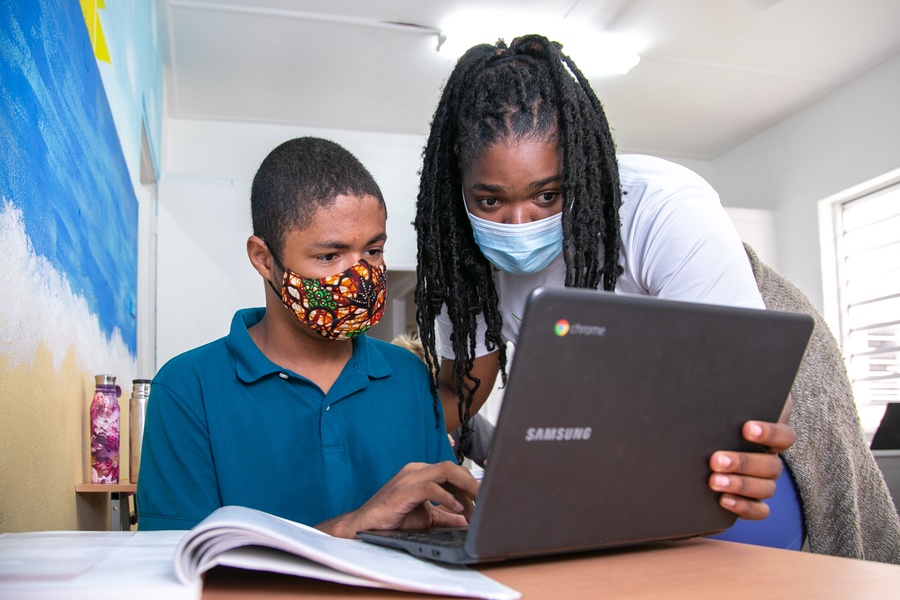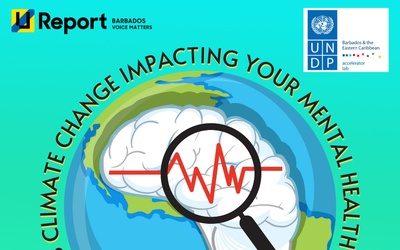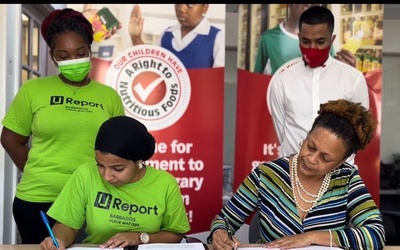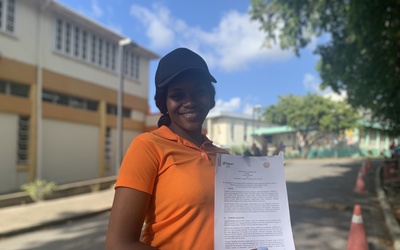The COVID-19 pandemic has
forced the Barbadian educational system to rapidly reform. These changes were
vital as to maintain the integrity of the educational product that has been
offered to the public over the past few decades. In order to ensure the safety
of students whilst simultaneously giving them the resources to learn, the past
pedagogy has moved from an interpersonal, face-to-face, chalk to chalkboard
teaching style to e-learning, incorporating online applications such as google
forms, YouTube, and Microsoft suite. Depending on the extent of the protocols
and regulations, a hybrid approach to learning has also been adopted, with
students having to utilize both face-to-face and online schooling
interchangeably. Nonetheless, the sudden shift in how students were taught
inculcated quite a bit of challenges for students to overcome. It must be said
that if educational reformation were incremental in accordance with advocacy
that was calling for the integration of technology into the Barbadian pedagogy,
that many of these issues would have been avoided.
The online school poll
executed by U-Report highlighted several of the experiences that students are
currently facing due to the pandemic. The key highlights from the poll, also
available on U-Report Barbados’ website indicate that students have observed
deteriorating academic performances due to the current state of how they are
being taught and how they ought to learn. With face-to-face schooling, although
there was a need for improvements to be made, the school environment was
closely monitored by the school’s faculty, the Ministry of Education and by the
students themselves, to ensure that all students had access to equal resources
and opportunities to learn. However, online learning is more dynamic, with the
comfort of home environments and available resources being extremely dependent
on the wealth of a household.
One of the questions
posed on U-Report’s online school poll asked students if they believed that
their home environment was suitable for taking online classes. Approximately
53% of the respondents indicated that they found their abode to be ill-suited
for proper learning as they do not have the space to accommodate extended
study. Furthermore, students may not have the necessary technology to
supplement e-learning and on the same hand, technological devices that some
students have may be outdated and unable to support the work that is being
done. This technological absence was supported by another question on the poll
that illustrated that 20% of the respondents did not have access to a computer,
laptop, or a tablet. This issue could have been further compounded by the 13%
of students that the U-Report survey conveyed did not have access to a stable
internet connection. Overall, a staggering 81% of respondents reported that
their academic progress suffered due to the pandemic.
So where do we go from here? U-Report’s poll scratched the surface of the myriad of issues that students are facing due to the transition to e-learning, however, the poll also showed there is much potential for greater integration of technology in our classrooms with 57% of participants indicating they would welcome a hybrid approach to learning post pandemic. These experiences clearly articulated by our young people must be considered as we continue to navigate the educational challenges we are facing, access to quality education that promotes the best possible outcomes for our youth while preserving our mental health are paramount. The results from U-Report’s online school poll will help to support the Ministry of Education and UNICEF’s work in facilitating this. Young people can continue to influence these issues by becoming a U-Reporter through messaging “Join” to 832-6775 on WhatsApp or via U-Report Barbados Facebook and Twitter Messenger.
Writer: Rondell Trim, U-Report Barbados Steering Committee








